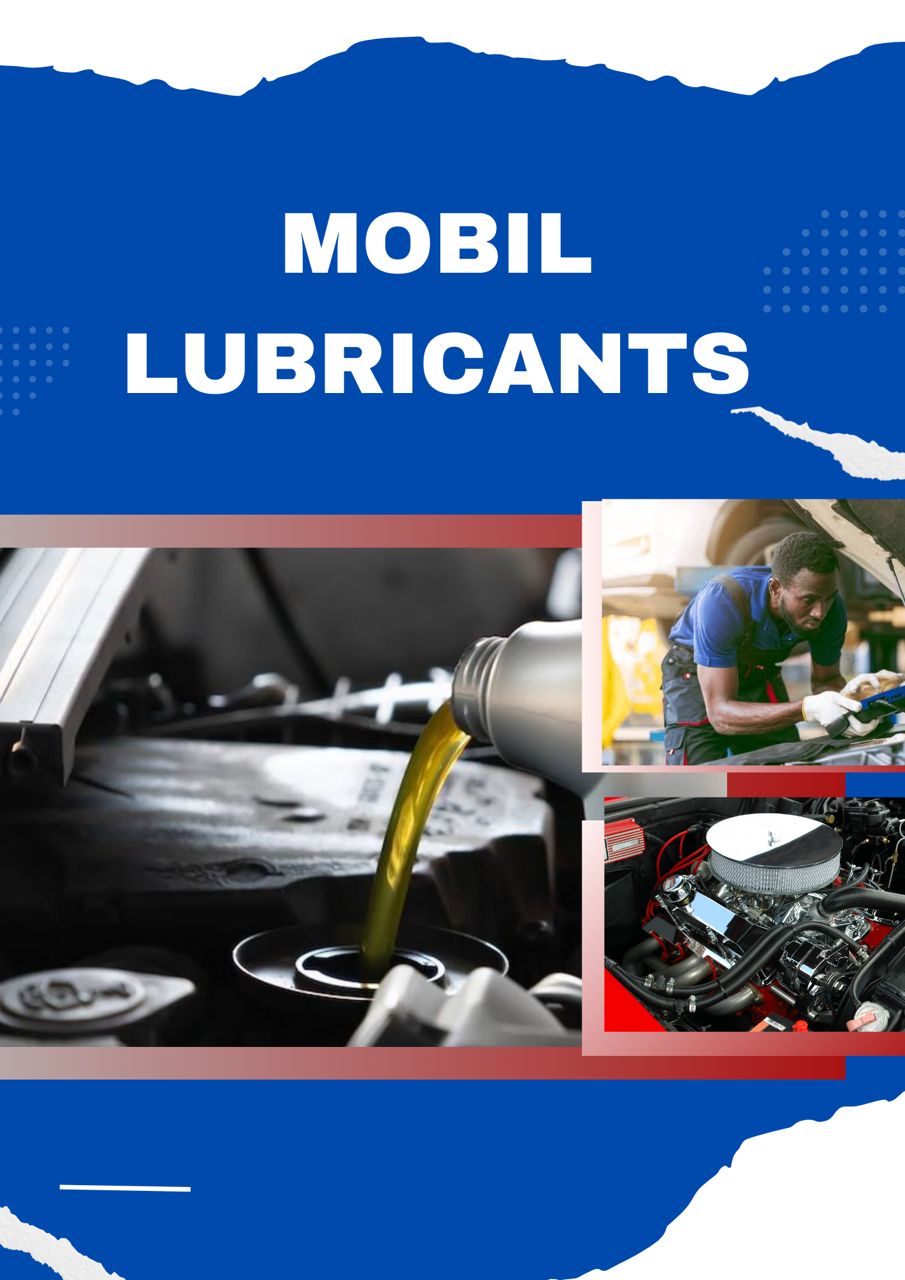Owning a vehicle comes with the responsibility of regular maintenance to ensure its longevity and optimum performance. One of the crucial aspects of car care that often goes overlooked is the use of lubricants. Lubrication plays a fundamental role in reducing friction between moving parts, preventing wear and tear, and maintaining your car’s efficiency. This guide aims to explore the various types of lubricants available for vehicles, their applications, and practical tips to achieve the best results in maintaining your car.
Understanding Lubricants
Lubricants can be broadly classified into two categories: oils and greases. While both serve the essential purpose of reducing friction, they have distinct properties and applications.
1. Engine Oils
Engine oils are designed to lubricate the internal components of your car’s engine. They reduce friction, cool engine parts, and remove contaminants. There are three main types of engine oils:
Conventional Oil: Derived from refining crude oil, this type is suitable for standard engine protection but may require more frequent changes.
Synthetic Oil: Made from chemically engineered compounds, synthetic oils provide superior protection, withstand higher temperatures, and extend oil change intervals.
Synthetic Blend: A mixture of conventional and synthetic oils that offers enhanced protection at a more affordable price.
Choosing the right engine oil is vital. Always refer to your vehicle’s owner manual for the recommended oil viscosity and specifications.
2. Transmission Fluid
Transmission fluid is another vital lubricant that ensures smooth gear shifts and protects transmission components from wear. Just like engine oil, transmission fluid is available in conventional and synthetic types. Keeping an eye on fluid levels and replacing it per the manufacturer’s recommendations is essential for maintaining your vehicle’s performance.
3. Greases
Greases are semi-solid lubricants used primarily in areas where lubrication points are hard to reach, such as bearings and u-joints in the vehicle. They tend to stay in place longer than oils due to their thicker consistency. Greases can be either lithium-based, calcium-based, or polyurea-based, each type providing different levels of protection and water resistance.
Tips for Selecting the Right Lubricants
Choosing the right lubricants for your vehicle entails consideration of several factors, including the manufacturer’s specifications, driving habits, and local climate conditions.
1. Follow Manufacturer Guidelines
The most crucial tip for car care is to adhere strictly to the recommendations laid out in your vehicle’s owner manual. Each vehicle has unique lubrication requirements, and following these guidelines can prevent costly repairs down the road.
2. Consider the Climate
The climate where you live can significantly affect the lubrication choices you make. For instance, if you reside in extremely hot conditions, a synthetic oil capable of resisting breakdown is advisable. Conversely, in colder climates, oils with lower viscosity ratings will perform better as they will flow more easily at low temperatures.
3. Evaluate Driving Conditions
The driving style and conditions should also influence lubricant selection. Frequent short trips, stop-and-go traffic, and towing heavy loads can all demand more from your vehicle’s oils and other fluids. In such cases, you might consider a full synthetic oil for added protection.
4. Regular Maintenance Checks
To ensure that you always have the best lubricants in your car, it’s advisable to conduct regular maintenance checks. This includes not only changing your engine oil but also checking other vital fluids such as coolant, brake fluid, power steering fluid, and transmission fluid.
5. Utilize Quality Products
Not all lubricants are created equal. Opting for reputed brands like Mobil will ensure that you are using high-quality products that meet or exceed the industry standards. Such lubricants are formulated to provide optimal performance and long-term protection for your vehicle.
The Importance of Regular Fluid Changes
Just as you would change your engine oil, other fluids in your vehicle also require regular replacement. Over time, contaminants build up and can lead to reduced effectiveness, which can compromise engine performance. In addition to engine oil changes, pay attention to transmission fluid, brake fluid, and power steering fluid.
A good rule of thumb is to check fluid levels monthly and adhere to the change intervals specified in your owner manual. By doing so, you can avoid the buildup of particles that can cause wear to internal components.
Environmental Considerations
In recent years, there has been growing awareness regarding the environmental impact of used lubricants. Engine oils and other fluids can be harmful to the ecosystem if not disposed of properly. Therefore, it’s essential to find an appropriate recycling facility for your used lubricants. Many auto shops and service stations offer collection services for this purpose, ensuring your old oil is disposed of safely and responsibly.
Conclusion
Proper lubrication is key to maintaining the performance and longevity of your vehicle. By selecting the right lubricants, adhering closely to the manufacturer’s specifications, and scheduling regular maintenance checks, you can ensure that your car remains in peak condition. Implementing these effective strategies can lead to better fuel efficiency, reduce emissions, and most importantly, prolong the life of your vehicle.
Experience premium engine care—visit any 11PLC filling station nationwide today for the best Mobil Lubricants. Your vehicle deserves nothing less!

